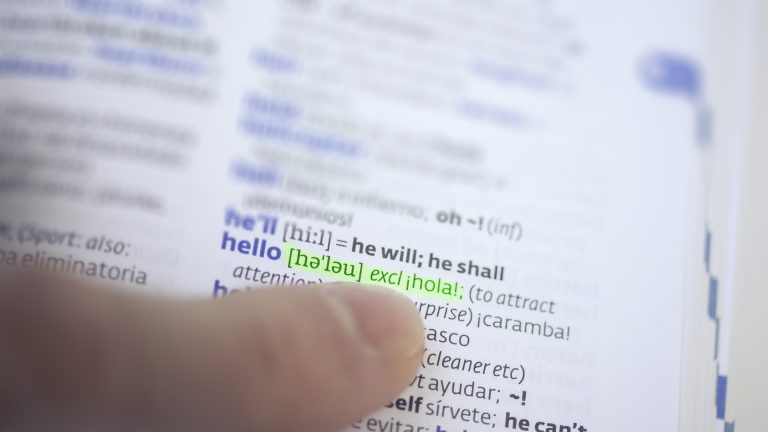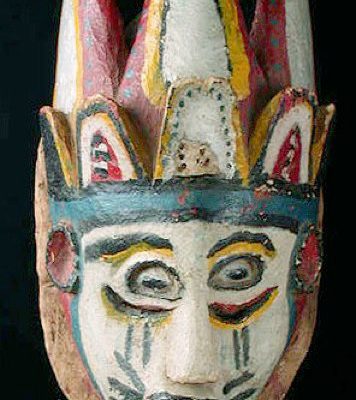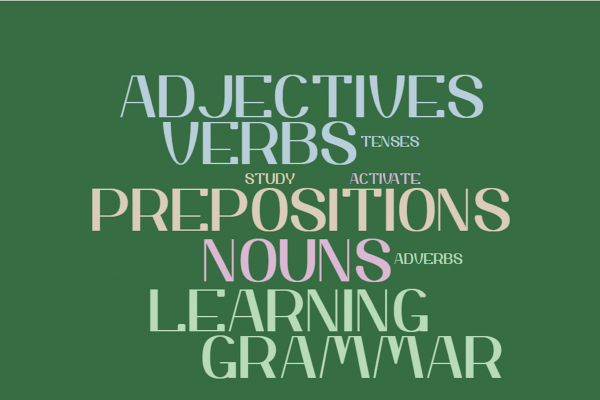In English language, two words are said to be ̀homographs’ if they are spelt the same way but have different meanings. In Igala speech, a single word, pronounced with different tone pitches, produces a set of homographs – words spelt the same way but vary in meanings;
Example 1:
From the unmarked word, ‘ọko,’ a speaker calls it using different tones; he can create three different words with three different meanings.
-
- ọ́kọ́ / ‘ɔ́ ‘kɔ́ / (money)
- ọ́kọ / ‘ɔ́ ̩ kɔ / (husband)
- ọ̀kọ̀ / ̩ ɔ̀ ̩ kɔ̀ / (millipede).
Example 3:
The unmarked word, akpa, depending on the tone used to pronounce it, could have three or more meanings, namely:
- ákpá / ‘á ‘kpá / (sky)
- Àkpà / ̩à ̩kpà / (Muslim)
- àkpá / ̩ à ‘kpá / (beetle)
- Ákpa /‘á ̩kpà / Ankpa, an eastern Igala town.
Example 4:
The unmarked word, agba, when pronounced in different ways, will produce four different meanings:
- Agba / ̩a ̩gba / (Greeting)
- àgbá / ̩a ‘gba / (handcuffs)
- àgbà / ̩à ̩gbà / (chin)
- ágbá /‘a ‘gba / (a tree)
-
-
- ìga / ̩ ì ‘ga / (Weaver bird)
- ìgà / ̩ ì ̩ gà / (net)
- ìgá / ̩ ì ‘gá / (estate)
-








